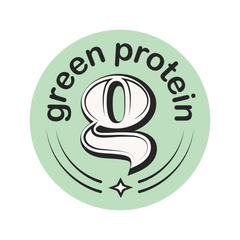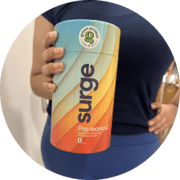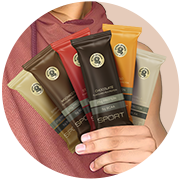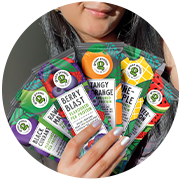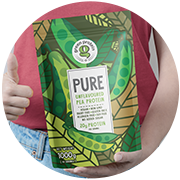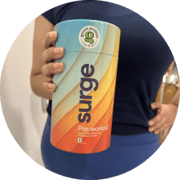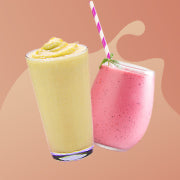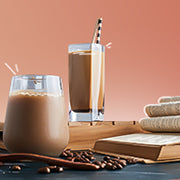
The Rise of High-Protein Snacks: Are Protein Powders Taking Over?
In recent years, the popularity of high-protein diets has surged, leading to an increased demand for protein-rich foods and supplements. One of the star products of this trend is protein powder, a supplement traditionally used by athletes but now finding its way into the pantries of health-conscious consumers. From protein-packed snacks and beverages to even baked goods, it seems protein powder might be taking over. But what is driving this trend, and what does it mean for our diets and health?
The Protein Boom and Its Implications:
Protein is an essential macronutrient, known for its role in building and repairing tissues, including muscles. As more people engage in regular exercise and seek to improve their physique or athletic performance, the demand for accessible and convenient protein sources has grown.
Moreover, high-protein diets have been linked to weight management, as protein can promote feelings of fullness, potentially helping to reduce overall calorie intake. These benefits have contributed to the protein boom and the rise of protein-enriched snacks and supplements.
However, it's important to note that while protein is a crucial part of a balanced diet, the overconsumption of protein isn't beneficial and may even lead to health issues. Additionally, while protein powders are a convenient source of protein, they shouldn't replace whole foods, which provide a broader range of nutrients.
Protein Powders in the Market:
Protein powders are no longer just a niche product for bodybuilders. Their appeal has broadened, and they're now a common item in supermarkets and health food stores. These powders come in various forms, including whey, casein, soy, and a variety of plant-based options, catering to different dietary preferences and needs.
The use of protein powders has also expanded beyond shakes and smoothies. They're now a common ingredient in a wide variety of snacks, from protein bars and cookies to high-protein versions of traditional snacks like chips and popcorn. Even everyday items like coffee and oatmeal now come in protein-enhanced versions.
This trend reflects a shift in consumer behavior, with more people seeking out easy ways to increase their protein intake. However, not all protein-enhanced foods are created equal, and it's important to check the labels for added sugars and artificial ingredients.
Are Protein Powders Taking Over? :
The rise of high-protein snacks and the widespread use of protein powders reflect a growing interest in protein-rich diets and overall health and fitness. Protein powders, due to their convenience and versatility, have indeed found a prominent place in the dietary landscape.
However, does this mean they're taking over? Not necessarily. While protein powders and high-protein snacks can be part of a balanced diet, they are still supplements – meant to supplement a diet, not replace whole, nutrient-rich foods.
Whole foods not only provide protein but also offer a range of other essential nutrients, including fiber, vitamins, and minerals, which aren't always present in protein powders or protein-enhanced snacks. Hence, while protein powders can play a role in meeting increased protein needs or providing a quick post-workout recovery option, they should be used as part of a balanced diet.
The increasing popularity of high-protein snacks and the mainstreaming of protein powders indeed signify a shift in dietary trends towards higher protein consumption. However, it's critical to approach this trend with a balanced perspective.
Protein powders offer a convenient and versatile way to increase protein intake and can be a valuable tool for specific individuals, such as athletes or those with increased protein needs. However, they are not a magic bullet and should not replace a balanced diet rich in whole foods.
While the protein boom has brought a range of protein-enriched products into our supermarkets and homes, it's crucial to remember that whole foods offer a broader range of nutrients that contribute to overall health. It's also vital to consider the quality of these products, checking labels for added sugars, artificial ingredients, and allergens.
As consumers, we must make informed choices about our nutrition. Protein powders and high-protein snacks can be part of a balanced diet, but they're not the sole answer to our nutritional needs. As always, individual needs can vary greatly, so personal dietary choices should reflect individual health goals, lifestyle, and if applicable, professional guidance from a healthcare provider or dietitian.
In conclusion, while protein powders have indeed carved a niche for themselves in the dietary world, they're not 'taking over.' They are tools in our nutritional toolbox, to be used wisely alongside a diverse, balanced diet. The rise of high-protein snacks represents a trend, but as with any trend, balance, quality, and individual health needs should guide our choices.
